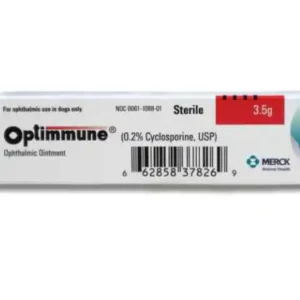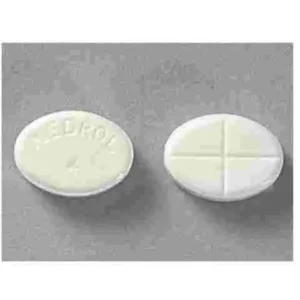Medrol is a brand name for a medication that contains the active ingredient methylprednisolone, which is a synthetic corticosteroid. Methylprednisolone is used to treat a wide range of medical conditions in humans and, in some cases, in veterinary medicine for animals. Here is an overview of Medrol and its uses:
1. Indication: Medrol, or methylprednisolone, is a potent corticosteroid with anti-inflammatory and immunosuppressive properties. It is used to manage various medical conditions where inflammation and the immune system’s response need to be controlled. Some common medical conditions it can be prescribed for include:
- Allergic Reactions: Methylprednisolone can help alleviate the symptoms of allergic reactions, such as skin rashes, itching, and swelling.
- Autoimmune Disorders: It is used to manage autoimmune diseases like rheumatoid arthritis, lupus, and multiple sclerosis, where the immune system mistakenly attacks the body’s own tissues.
- Respiratory Conditions: Methylprednisolone is prescribed for respiratory conditions such as asthma, chronic obstructive pulmonary disease (COPD), and severe allergic reactions affecting the airways.
- Skin Disorders: It can be used for severe skin conditions like eczema or psoriasis.
- Inflammatory Bowel Disease: Medrol can help reduce inflammation in conditions like Crohn’s disease and ulcerative colitis.
- Organ Transplants: Methylprednisolone is often used to prevent organ rejection after transplantation.
2. Mechanism of Action: Methylprednisolone works by suppressing the immune response and reducing inflammation. It inhibits the production of inflammatory substances and cytokines and suppresses the activation of immune cells. This makes it effective in reducing the signs and symptoms associated with inflammation and autoimmune disorders.
3. Forms of Administration: Methylprednisolone can be administered in various forms, including oral tablets, intravenous injections, and intramuscular injections, depending on the condition being treated and the speed at which the medication needs to take effect.
4. Dosing and Duration: The dosage of Medrol, or methylprednisolone, is highly variable and depends on the specific condition, its severity, and the patient’s response to treatment. It is typically administered for a short duration when used to manage acute conditions or in the lowest effective dose for chronic conditions to minimize potential side effects.
5. Potential Side Effects: Methylprednisolone can have side effects, especially with long-term or high-dose use. Common side effects may include increased appetite, weight gain, mood changes, insomnia, and an increased risk of infections. It can also affect the bones, leading to osteoporosis, and may cause changes in blood sugar levels, so monitoring and proper management are necessary.
6. Precautions: Patients should not abruptly stop taking methylprednisolone, as it may lead to withdrawal symptoms or an exacerbation of the underlying condition. Tapering the dosage is usually recommended when discontinuing the medication. Additionally, individuals with certain medical conditions, such as diabetes or high blood pressure, should use methylprednisolone with caution and under close medical supervision.
In veterinary medicine, methylprednisolone may be used to treat similar conditions in animals, although its use and dosing are determined by veterinarians to address specific health issues in pets and livestock.
In summary, Medrol, containing methylprednisolone, is a potent medication with anti-inflammatory and immunosuppressive properties used to manage a variety of medical conditions in humans and animals. It can be highly effective, but its use should be under the guidance of a qualified healthcare professional or veterinarian to ensure safe and appropriate treatment.






Reviews
There are no reviews yet.